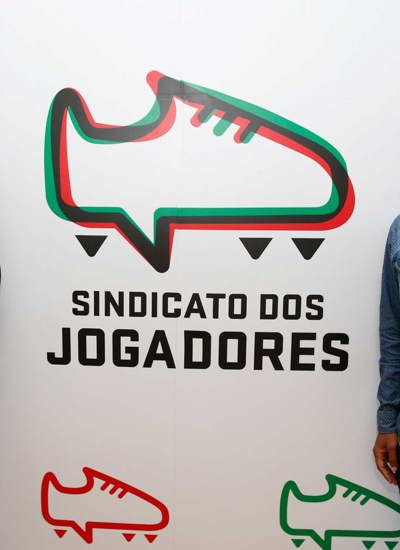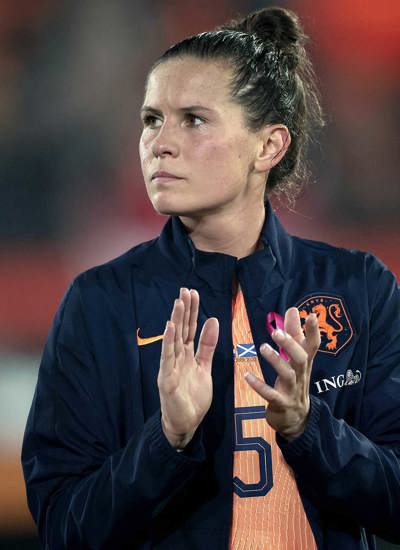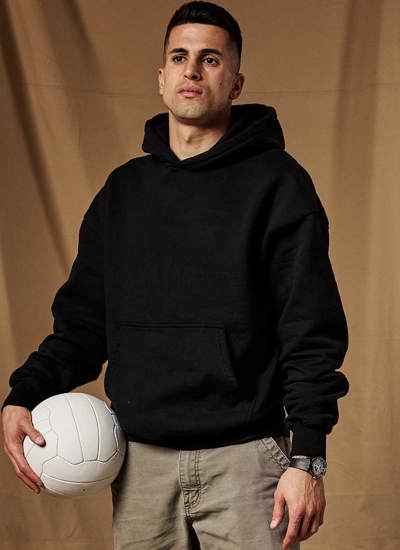
Portuguese player union Sindicato dos Jogadores (SJPF) has helped countless footballers after they were left stranded in Portugal.
These players had hoped to start their career in European football but mostly experienced hardship and disappointment. Three cases illustrate the struggles that these aspiring footballers had to endure.
Twelve Argentinians in a ramshackle house
In July 2019, 12 players arrived in Portugal from Argentina. They had attended trials in Buenos Aires and received an offer of 850 euro a month and bonuses to join Portuguese third-tier side AD Oliveirense, where an Argentinian president had taken over business. But they had to pay for their own flight and for all necessary documents.
When they arrived at Oliveirense, they noticed that there were 13 more players from Argentina. After having trained at the club for one week, the 12 players were transported to another club, GD Mirandes, where they signed a one-year contract for 750 euro a month – 100 euro less than they would have received at Oliveirense.
However, Mirandes never paid the 12 players. The club put them in a house that was missing windows and only had cold water. The players had to share rooms with two or three team-mates and the club provided them with limited food. "Every now and then we'd get hungry because there was so little food. We often got together and cried," one of the players later told the union.

The situation became more challenging during winter with freezing conditions in the house. To make matters worse, the players had to wait until January 2020 before they were eligible to play. Not much later, the Covid-19 pandemic began.
Without money, the players turned to the union for help around March 2020, almost a year after their arrival. The union provided them with food and accommodation and helped ten players return to Argentina, while two preferred to stay in Portugal.
The union won a labour court case on behalf of eight players against Mirandes. The players were awarded a total compensation of more than 130,000 euro for unpaid salaries and damages. The club appealed the decision, which is now at the Court of Appeal.
A motorbike for a career as a footballer
Allan, a 21-year-old French/Portuguese player, left France to become a professional footballer in Portugal. Allan got in touch with an alleged intermediary, who told him that he could help find him a club. At first, Allan was allowed to train with fifth-tier team Vieira de Minho. After five days, the agent said the club wanted to keep Allan, but couldn’t pay him.
The agent then told Allan that he could join a professional side, if he would pay the club, which according to the agent was common practice in Portugal. The player believed him, sold his motorbike and paid the agent 12,000 euro to join second-tier team Varzim.

The agent invited Allan to sign his contract in a hotel in Braga, however no club official was present when he put his signature on the paper. The player paid the agent an extra 1,000 euro and then was allowed to train with Varzim B, however he could not play any matches. The agent told him that he was trying to solve the issue but needed another 6,000 euro. The player refused; before paying the agent more money, he first wanted everything arranged properly and to be allowed to play.
One month after arriving in Portugal, Allan contacted the union. The SJPF discovered that the player’s contract was never registered with the football federation, saw that the contract was never signed by the club, and didn’t bear the player’s name or identification number.
Allan returned to France, where he now works as a taxi driver. "I got on the plane in France thinking: 'My dream is about to begin, I'm about to start my career’. Yet, I ended up being swindled by someone who was playing games with me and my family. It's very sad."
Supported by the union, Allan filed a criminal complaint against the agent. The trial is scheduled for March.
Three Americans abandoned at the airport
Walter (20), Jahveh (23) and Henry (18) left their families behind in USA, believing they would start a career in Portugal. A mutual friend told them that AD Camacha, a fourth-tier team, was looking for players and asked them if they were interested.
They could sign a one-year deal including food, accommodation and a 400-euro salary per month. The players thought the salary was low, however they accepted it with one goal in mind: establishing themselves in European football.
Each of the players paid the alleged agency 200 euro for the club’s invitation letter (that would prove that the club wanted them) and arranged their own trip to Portugal. They refused to pay the agency 1,300 euro to arrange all their documents.
When the players arrived at Lisbon’s airport, no-one was there to pick them up even though the agency had promised that the club would be waiting for them. They called the agency and its director told them everything was fine. He told the players to book a hotel room as he tried to sort matters out. Later he informed them that plans had been changed. The players would not go to Camacha, but Uniao de Madeira.
He claimed to be the club’s sporting director as well and said someone would pick them up at the airport. The players returned to the airport, but after two days still no one had arrived to pick them up. Nobody at the agency, including the director and their friend, could give a proper explanation.

"After a week we began to doubt everything we were told,” said Walter. "Our family was worried. We were running out of money. We didn't come here to spend it; we came here to earn it."
The three players contacted the Portuguese union, which offered them accommodation, transport and food, and also helped them to return home safely.
"We have to stop this practice,” Jahveh said. “There are a lot of kids with the dream of being footballers, of playing in Europe, we can't let this happen to them.”


